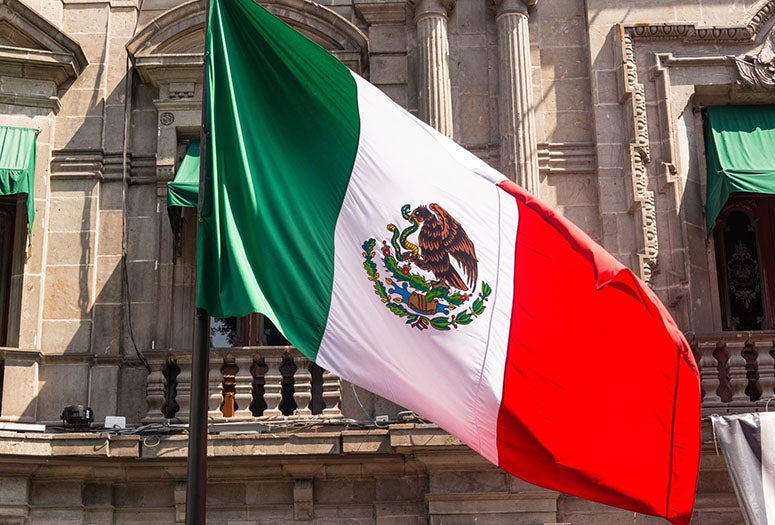HOUSTON – (March 27, 2020) – The coronavirus pandemic is testing Mexico's leaders and their ability to handle a crisis, according to an expert at Rice University’s Baker Institute for Public Policy.
Tony Payan, the director of the Baker Institute’s Center for the United States and Mexico, is available to discuss the situation.
“One of the reasons Mexico’s government has been slow to respond to the coronavirus threat is related to the fact that over 50% of all Mexicans work in the informal sector, many as street vendors or day laborers paid in cash,” Payan wrote in a Baker Institute blog post. “These workers and their families do not have the savings or government aid to quarantine themselves for prolonged periods of time. Yet by allowing them to continue with their routine activities, the government is also risking a rapid spread of the virus in the coming weeks, precisely among the most vulnerable of all socioeconomic sectors.
"The government apparently lacks any plans to aid these Mexicans beyond letting them continue with their activities, which in the end could leave them in a worse position than they are in now,” he wrote.
Mexico’s populist leadership rode a wave of dissatisfaction with democratic governments and their perceived inability to respond to people's concerns, according to Payan. But, he wrote, “Because populists rely on personalistic leadership and autocratic politics, they tend to disempower their cabinets to make autonomous decisions and rein in the ability of expert collaborators to actively contribute to the conversation.”
Payan is hosting a free webinar April 1 at 1 p.m. CDT to discuss the coronavirus pandemic in Mexico and the country’s response and capacity to deal with it.
Payan is the Françoise and Edward Djerejian Fellow for Mexico Studies at the Baker Institute. He is also an adjunct associate professor at Rice and a professor at the Universidad Autónoma de Ciudad Juárez. Payan’s research focuses primarily on border studies, particularly the U.S.-Mexico border.
A radio and television studio is available at the Baker Institute for media outlets that want to schedule an interview with Payan. For more information, contact Avery Franklin, media relations specialist at Rice, at averyrf@rice.edu or 713-348-6327.
-30-
Related materials:
Payan bio: https://www.bakerinstitute.org/experts/tony-payan/
Follow the Baker Institute Center for the United States and Mexico via Twitter @BakerCtrUSMEX.
Follow the Baker Institute via Twitter @BakerInstitute.
Follow Rice News and Media Relations via Twitter @RiceUNews.
Founded in 1993, Rice University’s Baker Institute ranks among the top three university-affiliated think tanks in the world. As a premier nonpartisan think tank, the institute conducts research on domestic and foreign policy issues with the goal of bridging the gap between the theory and practice of public policy. The institute’s strong track record of achievement reflects the work of its endowed fellows, Rice University faculty scholars and staff, coupled with its outreach to the Rice student body through fellow-taught classes — including a public policy course — and student leadership and internship programs. Learn more about the institute at www.bakerinstitute.org or on the institute’s blog, http://blog.bakerinstitute.org.

